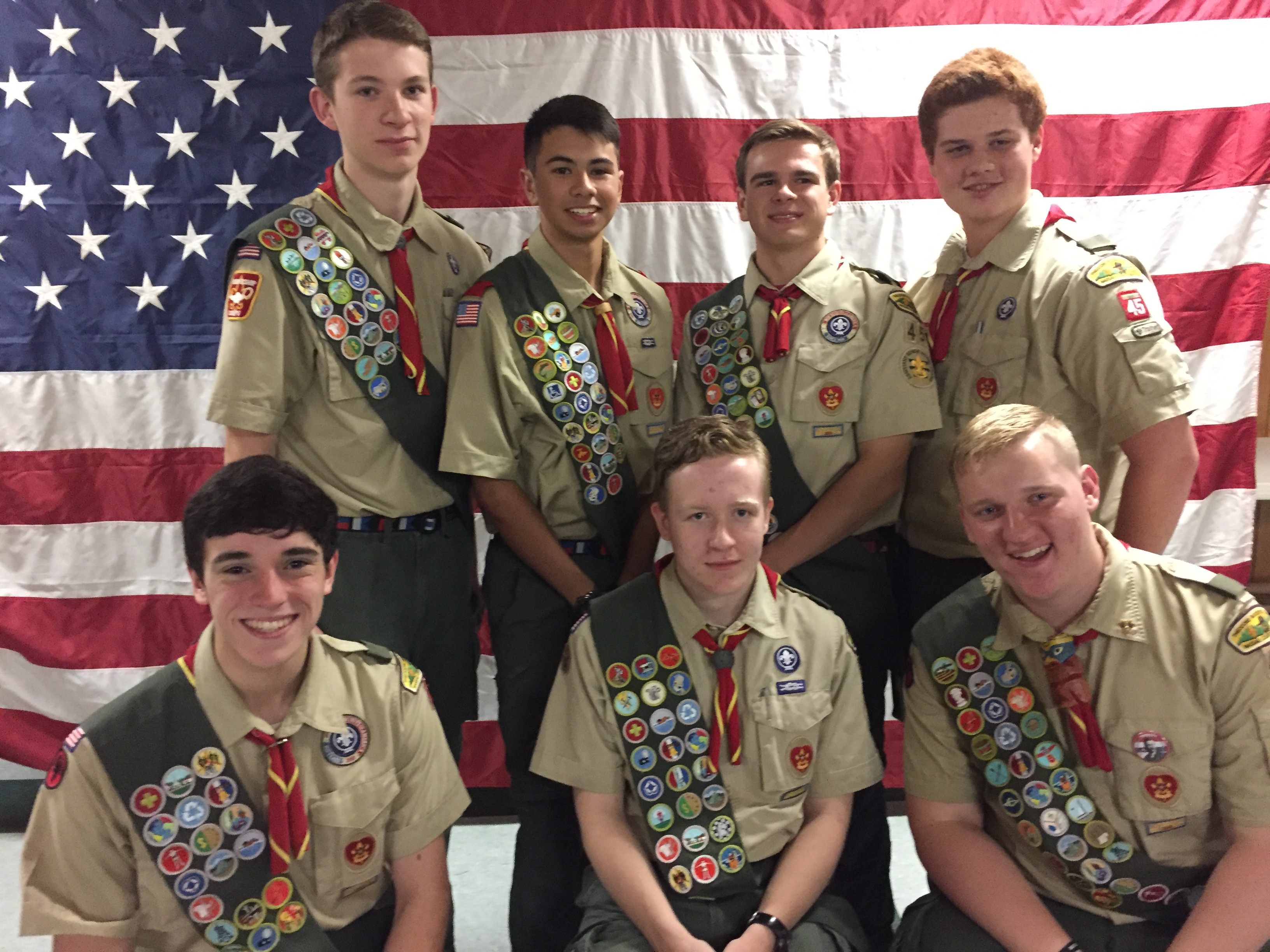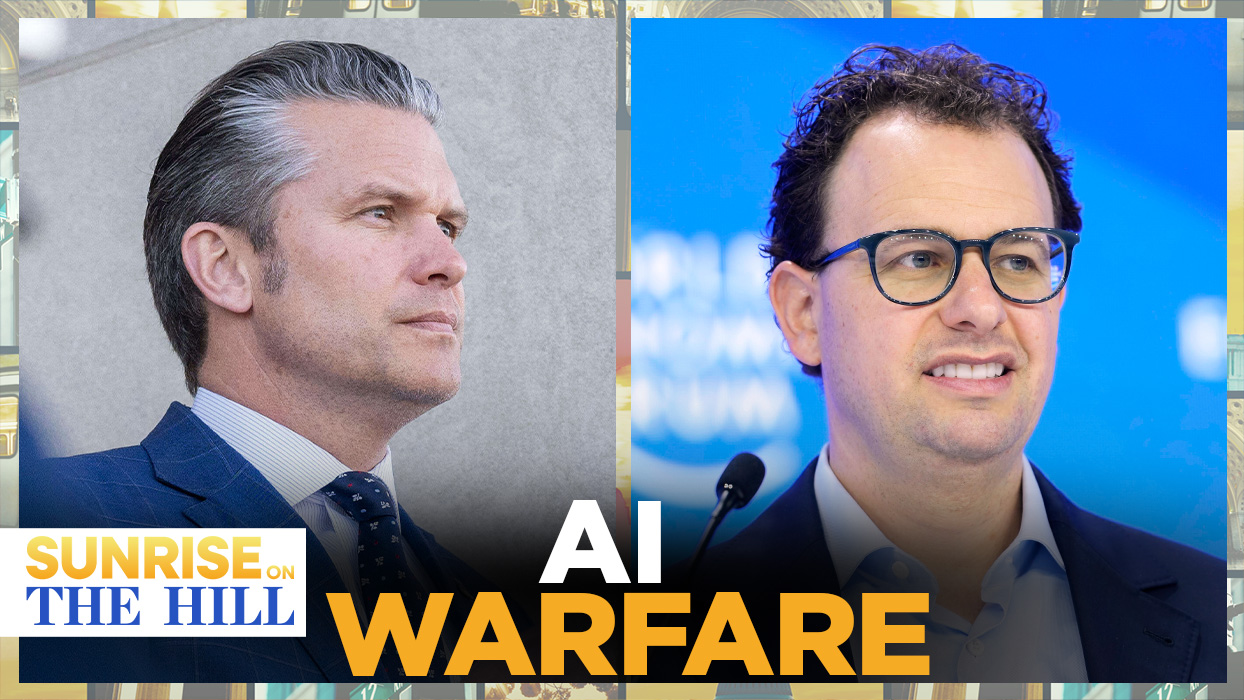 The Vietnam War led to anti-military fervor on campuses nationwide, but none so much as at the Ivys, the elite schools where some of the world's brightest students attend. Students took over campus buildings in protest of the draft and the Vietnam War.
The Vietnam War led to anti-military fervor on campuses nationwide, but none so much as at the Ivys, the elite schools where some of the world's brightest students attend. Students took over campus buildings in protest of the draft and the Vietnam War.
Radical students demanded college administrations cut ties to the military, be it research, recruitment or college credits for taking part in Reserve Officers' Training Corps, the military leadership training program for students who wished to serve their country after graduation.
After the draft ended, the animosity toward ROTC did not end at many Ivy League campuses. The opposition argument shifted to the ban on gays serving openly in the military.
Since the Pentagon last year repealed "Don't ask, don't tell," that argument was nullified and anti-ROTC campuses have become more receptive to the military. The Navy has reached agreements with Yale, Harvard and Columbia to establish programs on their campuses.
Though recruitment among officers and enlisted are at all-time highs, few students at the nation's most elite schools consider military service. Military officials worry that the all-volunteer force doesn't fully reflect the nation it is supposed to protect. The all-volunteer military draws heavily from the south and Midwest and from families with military backgrounds.





 After threatening to sever ties with Scouting America and kick the youth group off military bases...
After threatening to sever ties with Scouting America and kick the youth group off military bases... President Trump on Friday directed federal agencies to “immediately cease” using Anthropic technology amid an escalating...
President Trump on Friday directed federal agencies to “immediately cease” using Anthropic technology amid an escalating...






























